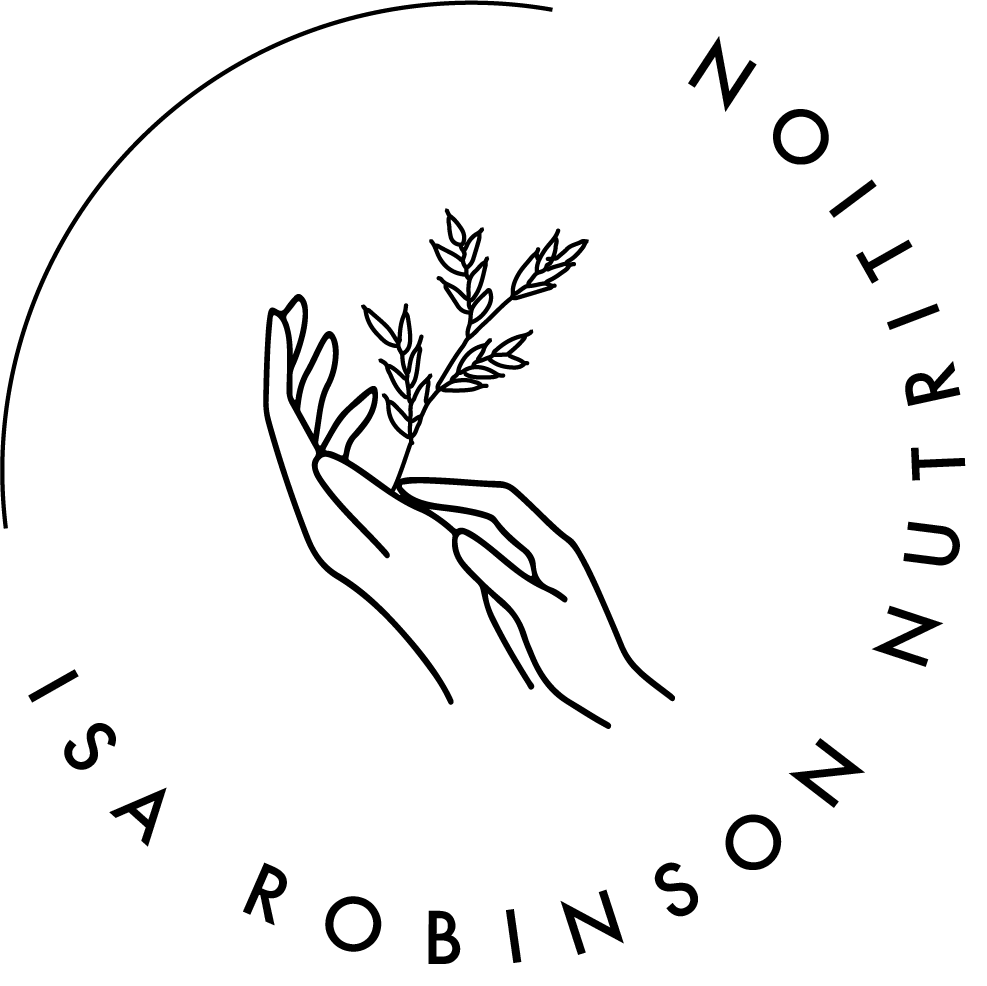Research: Learning to eat intuitively: the experience of mid-age women
There currently appears to be a lack of qualitative research exploring women’s experiences of learning to eat more intuitively. A study aimed to address this gap in the literature by exploring women’s experiences of learning Intuitive Eating (IE) skills.
Aim
To explore the experience of learning IE among mid-age women who had participated in a 12-module online IE programme.
Method
Participants for this study were women (n = 11) with an age range of 41 to 51 years, that had completed a 12-module online IE programme named ‘Mind, Body, Food’. Three months after completing the programme participants were interviewed using semi-structured group interviews and one-on-one interviews. The interviews involved open-ended questions exploring motivation for learning IE, perceptions of the experience of learning to eat more intuitively and facilitators and barriers to eating intuitively.
Results
Six main themes were found from the responses in the interviews:
Theme 1: ‘intuitive eating as an alternative to dieting’
Women saw IE as the ‘most healthy approach to food’ and a ‘gentle’ way to ‘break the diet cycle’. They expressed relief that it addressed emotional influences on eating and the realisation that ‘you didn’t have to diet’, which resulted in decreased feelings of deprivation.
Some women adopted elements of IE (such as giving themselves permission to enjoy a wide range of foods), while retaining some dieting-type concepts such as ‘good’/‘bad’ foods.
Motivation to join ‘Mind, Body, Food’ varied from the prevention of weight-related ‘health complications’, to having ‘more energy’ or a ‘better relationship with food.’
Despite recognising that IE was not focused on weight loss, some women continued to evaluate their success by their weight e.g. ‘Why am I still the same weight?
Theme 2: ‘nature and nurture’
Women’s innate ability to eat intuitively, once lost, required retraining and this took time, effort and skills.
Regardless of whether women described the process of relearning IE as ‘brain retraining’, ‘relearning’, or learning ‘something new’, they recognised that it required development of skills.
Commonly mentioned skills included questioning of ‘how is this food actually going to make me feel?’ and enjoying food with full awareness.
Theme 3: ‘nutrition and intuition’
Women described IE as requiring integration of their nutrition knowledge regarding healthy/unhealthy foods and their intuition (i.e. listening to their body). However, this was perceived as challenging and women varied in the degree to which they were able to do this.
Some women listened to their bodies but continued to apply their nutrition knowledge of less “healthy” foods in a manner more consistent with dieting (i.e. referring to ‘bad’ and ‘naughty’ foods).
Theme 4: ‘emotional connections with food’
Women experienced emotions and stressful situations as a barrier to eating intuitively, and some believed their emotional connections with food developed during childhood.
In adulthood, confronting these emotional connections with food was described as ‘really difficult’.
They also noted that ‘Mind, Body, Food’ enabled the development of skills such that emotional situations no longer necessarily triggered eating.
Theme 5: ‘keeping the focus on intuitive eating’
Women found it easier to remain focused on eating intuitively when they saw how IE was connected to their values. Learning to eat more intuitively using ‘Mind, Body, Food’ led to a re-examination and realignment with deeply held views about self.
Women described that sustaining IE practices was hard and periods of reverting to previous eating habits was commonplace.
They identified several strategies that helped them to get back on track with eating more intuitively: mindfulness, not engaging in unhelpful thoughts, self-nurturing in ways that do not involve food and having healthier food ‘alternatives’ readily accessible to them.
Theme 6: societal influences
Most women reported that fitting in with their family’s daily schedule made it difficult to eat intuitively, and some frequently ate with their family despite not being hungry.
Since ‘Mind, Body, Food’, some women felt more ‘entitled’ to ‘prioritise’ themselves but still found their orientation to family preferences and routines was an ‘obstacle’ to eating intuitively.
Nearly all women did not want their family or friends to experience the same mental and physical distress they had experienced with food and weight. These women were ‘motivate[ed] to role model the right kind of attitude [eating intuitively] to food’.
Some women appreciated the ‘genuine support’ that they received from their spouses to eat intuitively. However, others perceived that their spouse may not have understood how to support their eating intuitively
Limitations
This study only included 11 participants (after excluding those not suitable).
Participants were interviewed three months after completing the IE programme. Responses may be different long-term therefore further research is needed.
Conclusion
Overall, women perceived and valued the benefits of shifting to IE and were able to adopt a more intuitive way of eating. Eating in response to hunger and satiety signals appeared easier to adopt than letting go of ‘good’/‘bad’ labels on food and a focus on body weight and giving oneself unconditional permission to eat desired foods.
Key barriers to IE were emotionally triggered eating, women’s accommodation of family food preferences and habits and social occasions that revolved around food.
Further research could explore how to more effectively assist women in giving themselves unconditional permission to eat desired foods and letting go of ‘good’/‘bad’ labels on foods, as well as avoiding interpretation of IE as another form of dieting. This may enhance our efforts to teach a more intuitive style of eating.
Reference




